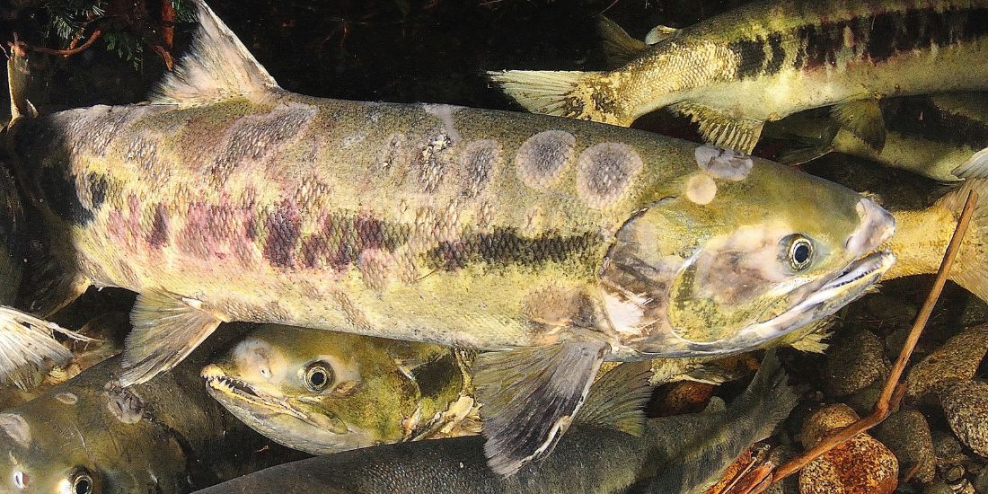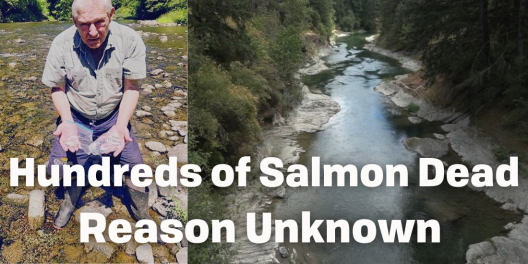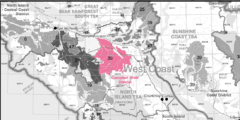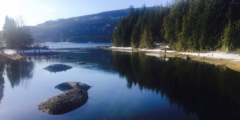Not all science is created equal, and it turns out that the Department of Fisheries and Oceans (DFO) has been setting a really low bar.
An investigation by the Standing Committee on Fisheries and Oceans put together a whopping 49 recommendations of what the DFO needs to do differently when presenting data to the public and the Minister of Fisheries.
How DFO has presented their ‘science’ has greatly influenced political decisions, especially around salmon farms and commercial fishing.
Unfortunately, this science has not been as unbiased as it should be.
The main issue is that DFO research is primarily paid for by companies that DFO is supposed to regulate.
As Liberal MP Ken Hardie told Canada’s National Observer, “He who pays the piper calls the tune.”
“To me, science that’s actually paid for by stakeholders doesn’t generate a lot of confidence in what gets produced,” he said.
“DFO has excellent scientists, but how the department organizes the science, how they process the information and how they actually deliver information to the minister is all suspect, in my view.”
The committee heard from 57 witnesses at nine meetings between April and October last year, and they had much to say.
The Standing Committee found that not incorporating or funding research from fish harvesters, Indigenous people, or independent academics was a big problem.
They say this mindset greatly affected DFO’s ability to create a well-rounded and unbiased perspective on what’s really happening in our coastal waters.
“There’s just so much being lost because fish harvesters and First Nations are not being incorporated into the process to understand in a more fulsome way the information required to make decisions,” said NDP MP Lisa Marie Barron.
Essentially, DFO has been ignoring the voices of the people out on the water daily, denying their lived experience while focusing on stakeholders focused on making profits.
The other primary concern identified was the lack of transparency about the DFO’s research.
Basically, it turns out that the DFO was often presenting a selective slice of information in their research rather than sharing the whole pie.
That matters a lot when half the pie is burnt to a crisp.
In addition to the committee’s findings, sixteen professors and research scientists from Canadian and American universities signed a letter to Fisheries Minister Joyce Murray expressing their disappointment with a DFO report on fish farms’ effects on sea lice levels found on wild salmon.
The letter says the report “falls far short of the standards of credible independent peer review and publishable science.”
Sean Godwin, a postdoctoral fellow at Simon Fraser University studying marine ecology and one of the scientists who signed this letter, told CBC News there needs to be change and accountability.
“It would be really good for the Minister and DFO to admit the mistakes and breaches of scientific conduct that were made in this report, but more importantly, withdraw the report so that its conclusions can’t really affect the really important decisions coming up,” said Godwin.
“[Murray] deserves to be able to trust the science advice that’s given to her by her own department, which just is not possible right now.”
If the Minister can’t trust her department, where does that leave the rest of us?









